INTERVIEW | The execution of Nagaenthran Dharmalingam, a Malaysian man with an intellectual disability, shook the nation in recent months. He was sent to the gallows after being arrested as a 21-year-old for trying to smuggle 42.72g of heroin into Singapore in 2009. The punishment was carried out on April 27, he was 34.
His case drew global attention as his legal team attempted to commute his sentence, putting the spotlight on Singapore's use of the death penalty.
The Singapore government calls the death penalty "a vital component" of its criminal justice system, claiming it helps preserve its reputation as one of the safest countries.
While many lawyers shy away from such cases, M Ravi has made his name by taking them on. He was Nagaenthran's lawyer, and despite the unfortunate outcome, has vowed to keep fighting.
"It has only spurred me to see through the complete abolition of the death penalty in Singapore," the Singaporean lawyer told Malaysiakini in an exclusive interview.
In 2003, Ravi took on his first death penalty case involving Vignes Mourthi, a Malaysian who smuggled 27g of heroin into Singapore. After a series of unsuccessful appeals, Mourthi had no choice but to try to overturn the initial conviction and secure a new trial.
"I came on to the case with three weeks left to the execution date," said Ravi, who believed that the law, accompanied by his skills, would help deliver justice to Vignes.
However, reopening death penalty cases in Singapore is a grim prospect. Instead of being given a chance to prove Vignes' innocence, Ravi was hit with the sad reality by the then chief justice.
"What shook me was his shocking remarks that an innocent man can be hanged," the lawyer said.
Ravi reiterated his feeling that even if he managed to provide evidence proving Vignes’ innocence, Vignes would still succumb to the penalty.
This revelation steered his career in the direction of human rights, particularly in cases involving the death penalty.
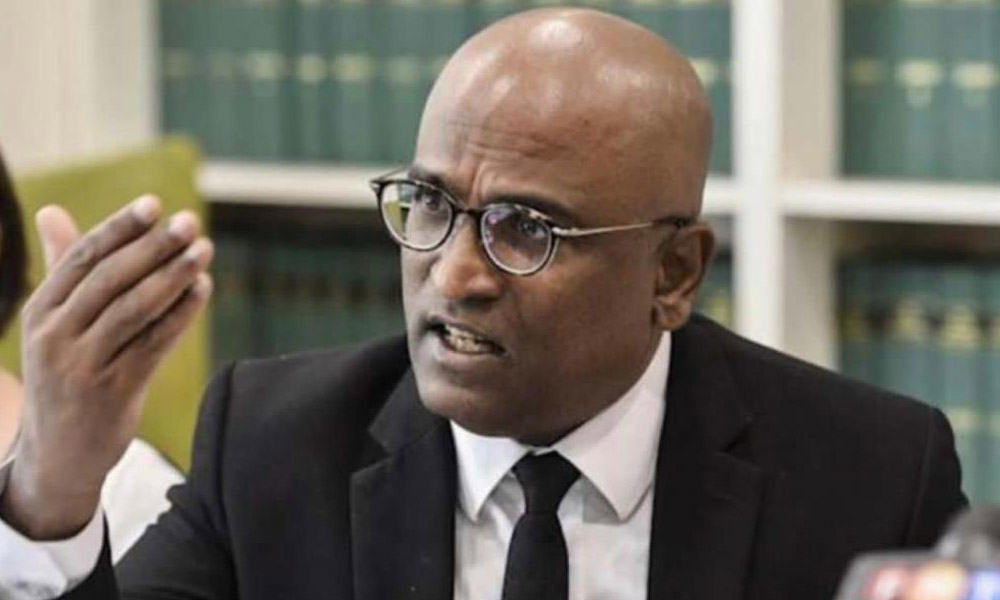
"The case exposed me to the inadequacies of the criminal justice system, the procedural steps in capital punishment cases and the treatment a death row inmate is granted.
"Outside of all the legality, it showed me the inhumane manner in which the inmate's family is treated," he said, remembering how the family fought hard to secure Vignes' body to prevent it from being cremated by the state.
Campaign work
Sparking his natural sense of justice, Ravi then formed the Singapore Anti-Death Penalty Campaign (SADPC), where he went into human rights lawyering.
Despite some losses, Ravi was also involved in a few successful commutations of the death penalty that brought some reform to the law.
In 2007, 19-year-old Yong Vui Kong who trafficked heroin into Singapore was given a death sentence, but this was commuted in 2009 after Ravi filed to stop his execution on the day he was supposed to be put to death.
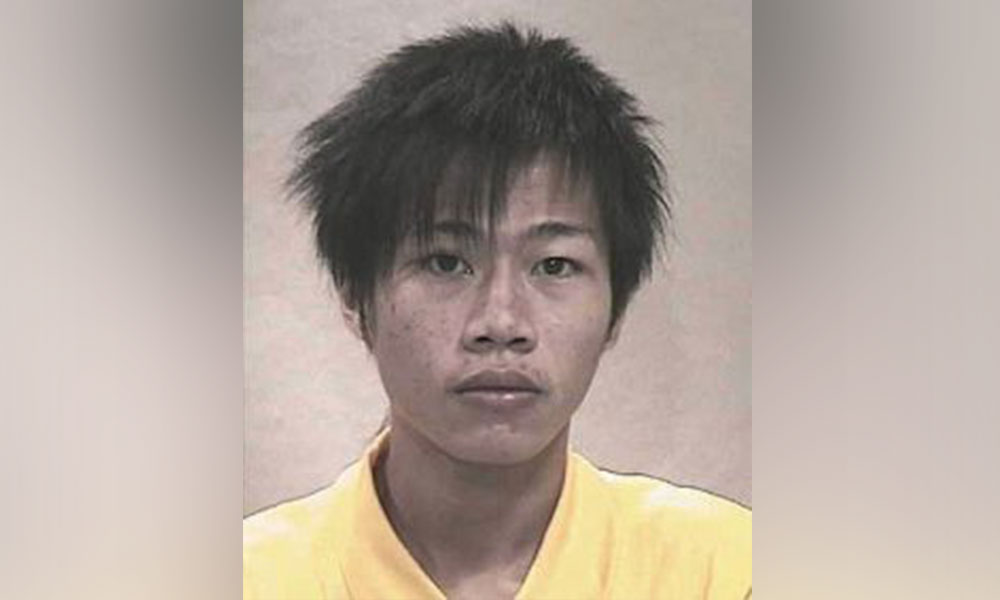
This led to the law being amended in 2012, giving judges some discretion.
In a similar case in 2020 involving Gobi Avedian, Ravi managed to commute his execution, and Gobi was instead sentenced to 15 years in jail and 10 strokes of the cane.
"Gobi's case led to a series of reviews of concluded death penalty cases, and some were reopened," Ravi added.
This was the first death penalty case in the history of Singapore where the Court of Appeal acknowledged that there was a miscarriage of justice and that the previous decision was demonstrably wrong.
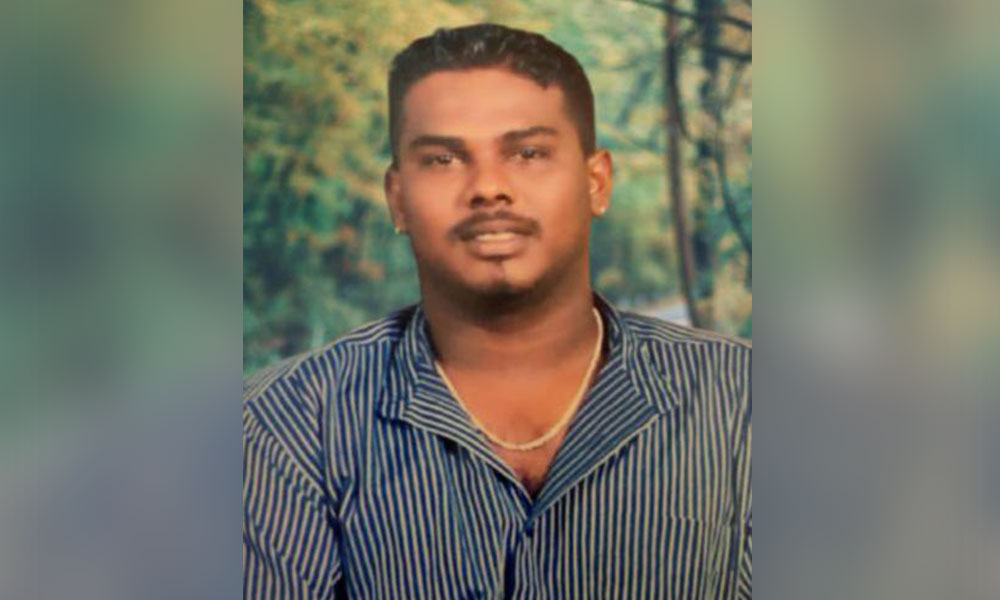
Fine for unmeritorious applications
Recently Ravi and his fellow counsel Violet Netto made news after they were fined SD$20,000 (RM63,000) each for filing unmeritorious applications in the Nagaenthran case.
Ravi claimed that the order was unacceptable as it breaches the safeguards afforded to a lawyer that there will not be interference and intimidation by the state in defence of an accused in a criminal case.
"Nagaenthran's case had several important grounds like whether Singapore, having signed the Convention of Rights of Persons with Disabilities (CRPD), is prohibited from executing him as someone who was intellectually disabled," he said, explaining the reasons for filing appeals and clemency requests in the months leading up to Nagaenthran's hanging.
Ravi also stressed that the cost orders are oppressive and punitive and will deter other lawyers from stepping forward to defend severe applications taken out at the eleventh hour.
"The adverse cost orders have thrown a cloud of fear amongst lawyers," he said, noting the time Nagaenthren's mother had to appear in person at the hearing to file the court applications as no lawyers in Singapore were willing to take up her case in fear of reprisals.
More executions to come
According to Ravi, there are now 25 inmates facing imminent execution, some of which he previously represented. This includes P Pannir Selvam, a 33-year-old Malaysian convicted of trafficking heroin into Singapore in September 2014.
"Thirteen of their cases, including Pannir's, involved claims that the prison had unlawfully sent privileged and confidential communications to the attorney-general," he said, adding that there is an ongoing legal challenge where he is providing research support to the new legal team.
"The world is watching the latest happenings, and Singapore's chosen path in its vehement defence of the death penalty regime is increasingly being discussed on the world stage," Ravi added.
The United Nations, EU representative and global figures ranging from Richard Branson to Stephen Fry have condemned Singapore's death penalty. It was dubbed a "tragic miscarriage of justice" by international rights organisations.
Malaysia's stance on capital punishment
Malaysia maintains a moratorium on executions and has discussed the revision of its death penalty laws. Yet, in most cases, the death penalty is still handed out instead of life imprisonment.
On June 10, the Malaysian government agreed to abolish the mandatory death penalty and substitute the provision with other types of punishment that would be decided by the court.
Before Nagaenthran's execution, Yang di-Pertuan Agong Sultan Abdullah Sultan Ahmad Shah and Prime Minister Ismail Sabri Yaakob urged the Singapore government to transfer Nagaenthran to a Malaysian prison but to no avail.
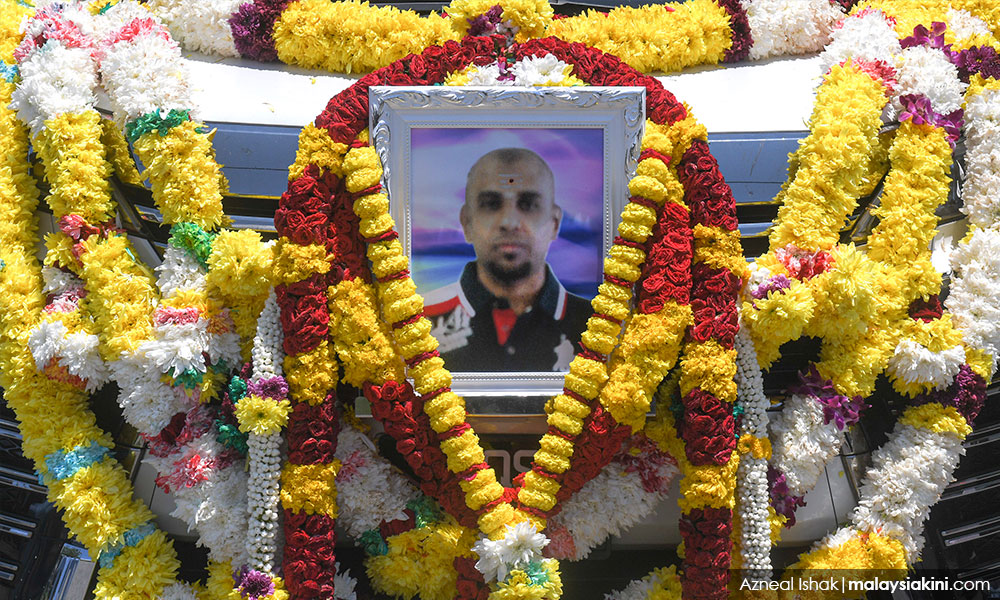
Malaysia was deemed hypocritical as at the time it still maintained the death penalty, but Ravi is hopeful of change.
"Malaysia has acknowledged that the death penalty does not deter drug trafficking just like three-quarters of the rest of the world has reached a similar conclusion.
"I hope Malaysia doesn't give up on any future efforts as both governments should discuss a way forward for exceptional cases.
"But till then, how many Nagaenthrans are we going to sacrifice before it is?" he questioned.
Brief political stint
Aside from fighting against the death penalty, Ravi had a brief run in politics in 2015 as part of a six-member Reform Party team that competed in the Ang Mo Kio Group Representation Constituency (GRC) against a six-member People's Action Party (PAP) team. In the end, the Reform Party team was handily defeated by PAP.
Ravi said that he would not return to politics.
"I’m better off pursuing my work in the field of international human rights law where my passion and contributions meaningfully lie.
"There are better politicians out there," he continued, stating that he has come to realise that he swims better in legal waters than in political oceans after his political stint.
"There is so much to do in the region, and I have gone on to open offices in Myanmar, Thailand and Nepal and hope to expand organically.
"I am also fostering alliances here in Malaysia," he said, adding that he has been building his networks globally and helping clients, especially businesses operating in the region.
Controversies and mental health
Ravi has also courted controversy over the years, including over a 2017 court case involving Prabagaran Srivijayan in which his arguments were deemed irrelevant to the case and had more to do with himself than Prabagaran.
Looking back, Ravi feels remorse for his actions.
"It was uncharacteristic of me to have behaved in that manner.
"The incident happened during the relapse of my bipolar disorder, and I have duly apologised to the parties involved. Since then, we have both moved on," he said.
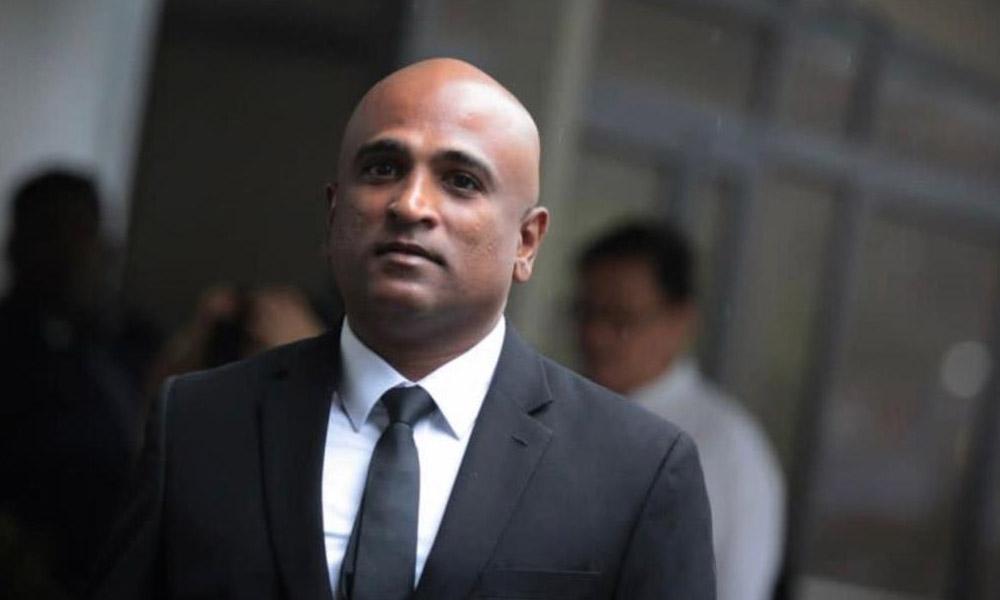
Ravi's media appearances in Singapore focused on something very different - his very public battle with bipolar disorder, which he was diagnosed with in 2006.
The Singapore government even asked him to stop practising law due to his mental health condition, but Ravi claimed that was another violation of the Convention of Rights of Persons with Disabilities.
"Despite my condition, I have contributed significantly to the growth of constitutional law in Singapore over 20 years," he added.
This included granting the right for by-elections to resume in Singapore after it was denied for 25 years, helping change the landscape of death penalty laws in Singapore and also successfully launching the constitutional challenge to section 377A (LGBT/homosexuality case), which is now seeing a prospect of being repealed.
"It is certainly discriminatory and oppressive to ask me to stop practising, and I can see steps are being taken to ultimately disbar me after one year of existing disbarment.
"Controversies are part and parcel of my journey as a human rights lawyer.
"The state will do its best to paint a negative picture, but it has failed to do so because of social media and international media highlighting my side of the story,” he said.
Ravi feels that if he cannot defend the rule of law, protect fundamental rights or assist in providing access to justice for his clients, there is no point in him holding the lawyer title.
"It is the core of what I do. At weak moments, I am so grateful for all the support the local and international community has showered on me. I stand undeterred," he added.
Ravi emphasised that young lawyers looking to take the human rights route should focus on the oppressed and the underprivileged and not one’s own glory.
"Champion your advocacy through the courts and the public, and be an agent of change for the betterment of society.
"Arm yourself with solid legal skills to be effective and always be prepared to navigate the challenges presented to you by the state and be ahead of the game of any oppressors.
"Finally, work hard and word ethically," he advised. -Mkini



No comments:
Post a Comment
Note: Only a member of this blog may post a comment.